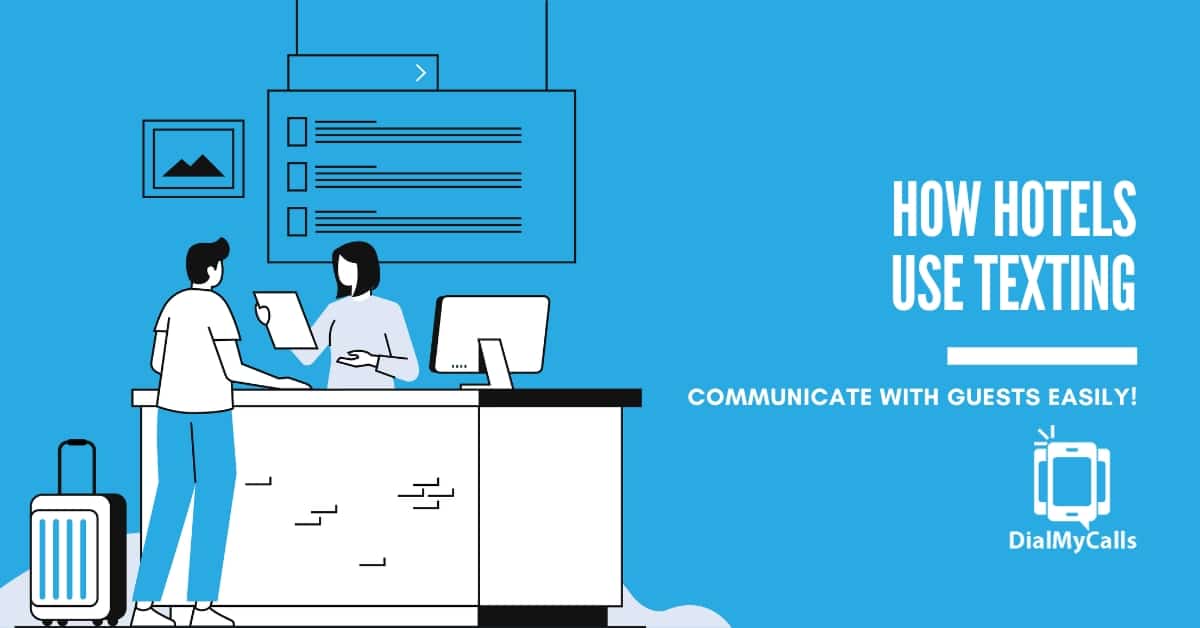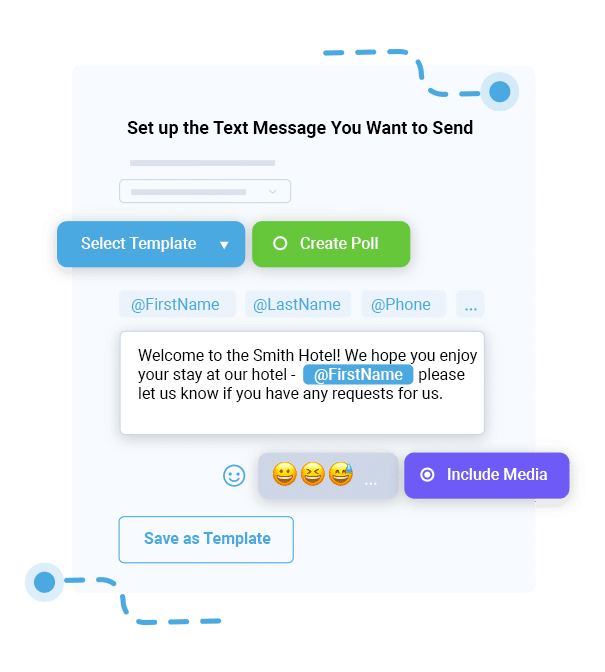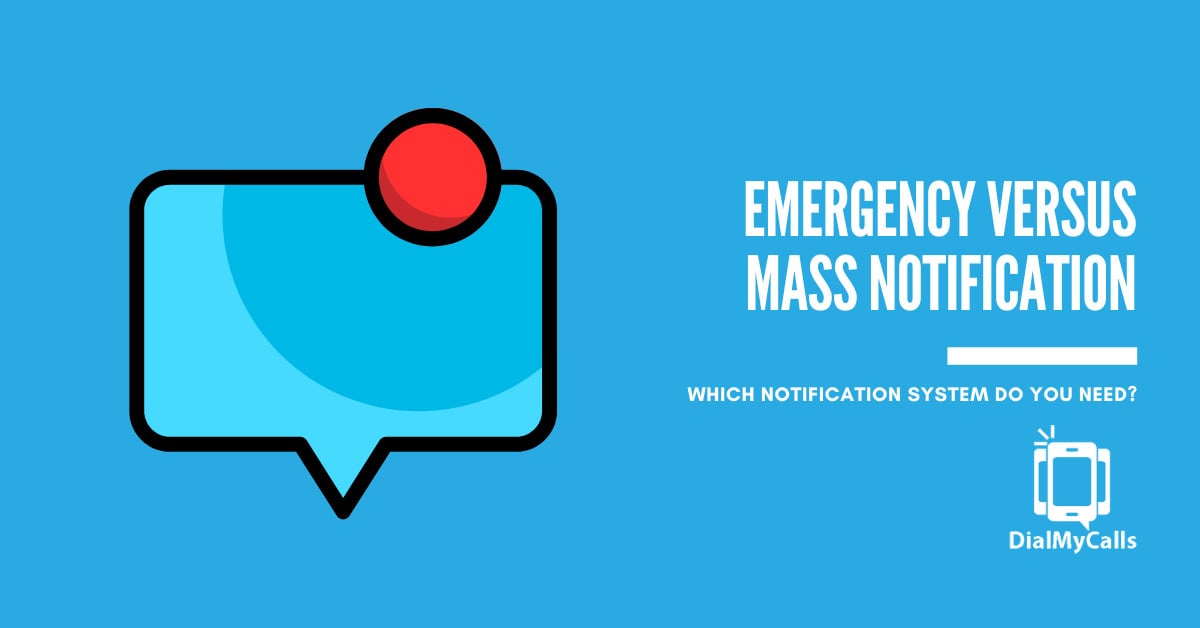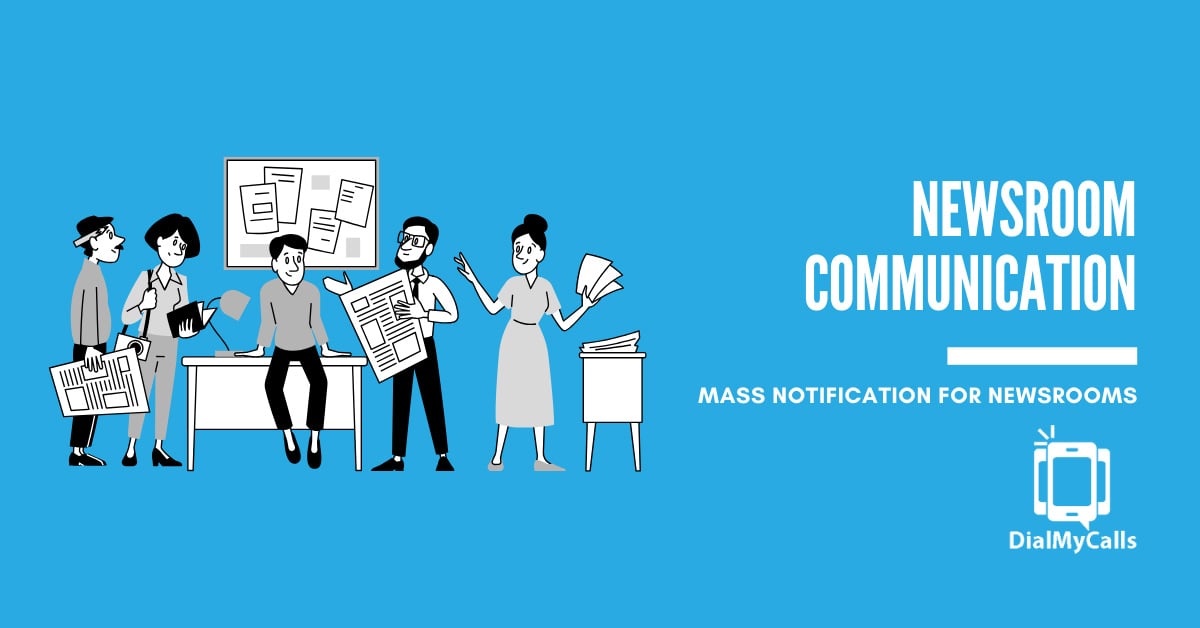How Hotels Use Texting To Communicate With Guests (2026 Update)
Posted by Tim Smith in Mass Notification System on March 1, 2024
Reviewed by Tim Smith | Updated on January 5, 2026

Effective communication with guests is fundamental to good hospitality and customer service. But, to improve communication with guests, you must be ready to adjust to the latest global trends.
Currently, texting is one of the easiest, fastest, and most convenient ways to communicate with guests. Whether you want to send a welcome message or remind them of their reservations, text messaging can strengthen the relationship between you and your guests.
With this in mind, we’ll discuss the best ways hotels use text messages for guest communication and how it works. If you’re ready, let’s begin!
Best Ways Hotels Use a Text Messaging System
- Pre-Arrival Information
- Send Booking Reminders
- Check-In and Check-Out
- Answer Guest Questions
- Offer Concierge Services
- Feedback and Reviews
- Offers and Promotions
- Transportation Coordination
- Local Attractions Information
- Language Translation Services
- Event Scheduling and Reminders
- Loyalty Program Engagement
Text messaging can improve current guests’ user experience and even catch the eyes of potential ones. According to a recent survey by Oracle Hospitality and Skift, 73% of travelers would rather use their mobile devices to navigate their hotel experience.
Regardless, you should recognize what situations you can utilize text messages to ensure your lodgers are impressed and satisfied. Here are some ways you can properly maximize your text messaging system.

1. Pre-Arrival Information
Every hotel guest wants a seamless check-in process with little stress. Communicating pre-arrival information like room numbers and Wi-Fi details through automated text messages reduces the chance that guests become overwhelmed while checking in. It also prepares guests and arms them with all the information they need for a smooth stay.
Mass Texting, Made Easy
Send Bulk Text Message Campaigns in Seconds
Furthermore, text messages can help you inquire beforehand about lodgers’ preferences and needs. For example, you can ask about special requests such as dietary preferences or specific room types. This information equips your hotel to accommodate them better.

2. Send Booking Reminders
Guests can easily forget little but essential reservation or lodging details without booking reminders. Hence, using text messages, you can send reminders to help guests recall this information and inform them of any last-minute updates. Besides keeping them informed, this demonstrates that you care about their comfort and convenience, thus increasing their chances of returning.
Meanwhile, the timing of these booking reminders is as crucial as the text message. Sending the reminders a day or two before your guests’ arrival gives them enough time to prepare before coming.

3. Check-In and Check-Out
While a physical check-in and check-out system is the norm in most hotels, it can also be time-consuming and slow. On the other hand, incorporating a text messaging system makes your check-in and check-out process more efficient and convenient.
Using this system, you can communicate necessary identification documents to guests to hasten their check-in and check-out processes. Depending on your technological capacity, you can also integrate online forms into these text messages to enable guests to submit necessities before arrival.
However, some guests may require extra assistance, so you must provide contact information in your message. This way, they can easily reach you when in need.

4. Answer Guest Questions Quickly
For most people, waiting in long lines to get information is cumbersome; thus, you want to reduce or eliminate this for your guests. You can combine automated text-messaging systems with an FAQ (Frequently Asked Questions) database for faster response to guests.
These systems provide a communication channel available 24/7, so guests are always assured of a quick response.
For more personalized questions regarding room details or reservation dates, integrate your text messaging system with Customer Relationship Management (CRM) software like Monday.com. This integration allows guests to request details specific to them and get accurate, immediate answers.

5. Offer Real-Time Concierge Assistance
Similar to physical front-desk services, a physical concierge may be slow and inconvenient. So, creating a text line exclusively for concierge services makes it easier for guests to inquire about events, recreational activities, and personal assistance.
For example, a text messaging system can inform guests about nearby tourist locations. Additionally, guests can request room service, housekeeping, or transportation arrangements without physically contacting the concierge. This increases efficiency and boosts lodgers’ overall satisfaction with your hotel.

6. Get Feedback and Increase Online Reviews
Text messaging systems are a great way to get feedback and increase the quantity and quality of online reviews. While filling out paperwork may not appeal to guests, sending post-stay surveys through text is more encouraging, as these can be done at their convenience.
Remember that politeness prompts more favorable responses, so show your appreciation before requesting feedback. Also, keep your questions direct and straightforward to facilitate the survey completion.

7. Send Offers and Promotions for Your Hotel or Hospitality Business
Promotions and offers are a great way to ensure customer loyalty, and hotel SMS marketing can help you quickly relay these offers. Add guests to your marketing list so that they can receive information on special offers and discounts.
However, avoid spamming customers; retaining a professional reputation and preventing disgruntlement is important.

8. Transportation Coordination
The integration of text messaging for transportation coordination by hotels significantly enhances guest convenience and satisfaction. This service enables guests to easily arrange shuttle services, book taxis, or secure rental vehicles through their mobile devices, bypassing the need for phone calls or in-person requests. Hotels efficiently manage and communicate shuttle schedules, departure times, and pickup locations via text, allowing guests to seamlessly plan their outings or airport transfers. For tailored travel needs, the assistance in booking taxis or private cars through text offers a hassle-free travel experience from arrival to departure, elevating the hotel’s role as a comprehensive service provider and enhancing its commitment to superior guest service.
Adapting to modern technological trends, hotels meet travelers’ evolving needs with real-time text message assistance for transportation, reducing travel-related stress. This service is especially advantageous for international visitors or those less acquainted with the area, offering them a trusted source for transportation arrangements. The simplicity of arranging transportation via text not only introduces a layer of convenience but also promotes safety and security, with guests benefiting from the hotel’s vetted transportation recommendations. This strategic use of text messaging for transportation services ensures a smooth, worry-free travel experience, bolstering guest loyalty and satisfaction.

9. Local Attractions Information
Hotels are leveraging text messaging to offer guests personalized recommendations for local attractions, activities, and dining, significantly enhancing travel experiences. Through texts, guests receive tailored suggestions on must-see sights, cultural events, and less-known local spots, based on their preferences and past activities. This not only maximizes their visit but also supports the local economy, establishing a beneficial relationship between hotels and the community. Guests can interact directly for more details or bookings, making the service both dynamic and user-friendly.
This system acts like a portable concierge, providing guests with directions, optimal visit times, and crowd-avoidance tips, ensuring a seamless exploration of the area. By enriching the guest experience in this way, hotels boost satisfaction and loyalty, transforming their role from mere service providers to essential travel partners that guide guests through the best local experiences.

10. Language Translation Services
Hotels globally are adopting text-based language translation services to cater to an international clientele, effectively bridging communication gaps and ensuring guests can fully access services and amenities. Utilizing cutting-edge technologies for instant translation of texts, emails, or app communications, these services allow guests to interact in their native languages, enhancing the ease and comfort of their stay. This not only improves the guest experience by facilitating seamless and stress-free communication but also underscores the hotel’s commitment to inclusivity and personalized service.
This approach significantly boosts operational efficiency and guest satisfaction, enabling clear communication of needs and preferences without miscommunication risks. It creates a more inviting atmosphere, prompting guests to take full advantage of hotel offerings. Extending these translation capabilities to promotional content and informational materials further ensures that all guests receive information in accessible languages, showcasing the hospitality industry’s innovation and commitment to providing an inclusive, hassle-free experience for international travelers.

11. Event Scheduling and Reminders
Hotels are using text messaging to improve guest experiences by sending personalized reminders for on-site events like happy hours and live entertainment. This approach keeps guests informed about available activities, encouraging participation and enhancing their stay. Notifications are tailored to guest preferences, making event promotions more appealing and increasing engagement rates. Additionally, this system facilitates easy event RSVPs, information requests, and instant feedback, fostering a community feel and helping hotels gauge event popularity for future planning. Text messaging also streamlines the reservation process for events with limited spots, demonstrating the role of technology in boosting guest satisfaction and making stays more memorable through engaging activities.

12. Loyalty Program Engagement
Hotels are enhancing loyalty program engagement through text messaging, providing a direct and personalized communication channel with guests. Tailored offers, acknowledgments, and loyalty point updates keep guests engaged and informed, promoting repeat visits and a sense of exclusivity with early access to promotions and previews of new services. This approach, integrated with mobile app features for easy bookings and digital access, strengthens community ties among members with exclusive event notifications and travel tips. By gathering feedback and conducting surveys via text, hotels quickly adapt to preferences, improving service quality. This effective use of text messaging boosts guest satisfaction, reinforces loyalty, and encourages ongoing patronage, building a solid customer base.
How Does Hotel Text Messaging Work?
Hotel text messaging involves using a messaging system like DialMyCalls to communicate with guests via SMS. Still, it’s not enough to understand its uses; you must also grasp certain processes before implementing this system. Keep reading to know more.
1. Guest Consent
Some guests will appreciate a text messaging system, but others may be apprehensive, and you must respect their wishes. During the booking process or at check-in, guests usually provide their phone numbers and other important information. At this point, inform them of your text messaging system and get their consent to receive your texts.
Also, give guests an option to opt out of your text messaging service if needed. Whatever opt-out mechanism you choose to implement, always inform your guests.
2. Personalization
Text messaging systems like DialMyCalls allow integration with CRM software to access relevant guest data. Here, you can set up your systems to personalize messages and include booking details, dates, and other relevant information. This way, guests can request and receive information that relates to them specifically.
Moreover, you can set up your text messaging system to use your guests’ names. This is one of many SMS personalization tips you can employ to pique and retain their interest in your messages.
3. Automated Message Templates
Creating a predefined template speeds up the process and improves efficiency for commonly asked questions. With DialMyCalls, you can create message templates for FAQs like check-in instructions and general hotel information. You can also create templates for personalized but common requests like reservation details and other pre-arrival information.
4. Privacy
CRM software and text messaging systems work with personal information; hence, you must take steps to protect these details. Exposing your guests’ private details puts them at risk of fraud or theft and makes you appear unprofessional.
Furthermore, ensure your system complies with the privacy laws in your area, like the General Data Protection Regulation (GDPR). Extra measures to avoid cybersecurity breaches include encryption and anonymizing sensitive information. Additionally, ensure restricted access to guest data and multi-factor authentication for all authorized staff.
5. Iterate
Like any new operation, you must test-run your text messaging system before throwing it open to the public. This way, you can look out for bugs and mishaps and deal with them before your guests use the system.
First, conduct an internal test with a select group of staff and trusted individuals. Carefully analyze the results of this test, noting where the system needs to be improved. Then, incorporate these improvements and iterate until you are satisfied with your results.
6. Advertise
Remember that irrespective of how efficient a system is, no one can use it if it’s hidden. Always inform guests of your text messaging system and emphasize its benefits to get more excited reactions.
Your hotel’s website, front desk, and guests’ booking emails are fantastic places where you can inform more guests of this system. Moreover, you can include fliers in welcome packages or bedside pamphlets. Whichever method you choose, ensure it works for your hotel and gauge your guests’ reaction to its introduction.
Why Is SMS Crucial in the Hotel Industry
SMS has become a crucial communication tool in the hotel industry for several reasons, each contributing to enhancing guest experiences, operational efficiency, and overall hotel performance. Here are the key reasons why SMS is indispensable in the hotel sector:
Immediate and Direct Communication
SMS allows hotels to communicate with guests directly and instantaneously. Messages are delivered to a device that most people carry with them at all times, ensuring timely and effective delivery of important information, such as booking confirmations, reminders, and updates.
Personalization and Guest Engagement
Through SMS, hotels can send personalized messages based on guest preferences, previous stays, and special occasions. This level of personalization enhances guest satisfaction, fosters loyalty, and encourages repeat visits.
Convenience for Guests
SMS provides a convenient way for guests to request services, make reservations, and communicate with hotel staff without the need for face-to-face interactions or phone calls. This is especially valuable in today’s fast-paced world where convenience is highly valued.
Operational Efficiency
SMS can streamline hotel operations by facilitating quick and easy communication between staff and guests. This includes coordination of housekeeping, maintenance requests, and room service orders, which can all be managed more efficiently through text messaging.
Cost-Effective
Compared to other forms of communication like phone calls or postal mail, SMS is a cost-effective solution for hotels. It allows for the delivery of concise messages at a lower cost, making it an economical choice for both marketing and operational communications.
What Most Hotels Get Wrong About Texting
While text messaging offers numerous benefits for enhancing guest experiences and streamlining hotel operations, there are common pitfalls that many hotels encounter when integrating texting into their service offerings. Here are the top three things most hotels get wrong about texting:
1. Lack of Personalization
One of the most significant advantages of text messaging is the ability to personalize communication with guests. However, many hotels miss this opportunity by sending generic, impersonal messages. Guests appreciate communication that feels tailored to their preferences and past interactions with the hotel. When hotels fail to utilize the data they have on guests’ preferences, previous stays, and special occasions, they miss out on strengthening the guest relationship and enhancing satisfaction.
2. Overuse or Inappropriate Timing
Another common mistake is the overuse of text messaging or sending messages at inappropriate times. While texting is a direct and efficient way to reach guests, bombarding them with too many messages or texting them too early in the morning or late at night can lead to frustration and dissatisfaction. It’s crucial for hotels to find the right balance and timing for their messages, ensuring they are both wanted and expected by the recipient.
3. Failing to Provide an Opt-Out Option
Compliance with communication regulations and respecting guest preferences are paramount when implementing a texting strategy. Some hotels neglect to include a clear and easy option for guests to opt out of receiving text messages. This oversight can lead to guests feeling trapped in unwanted communication, potentially damaging their perception of the hotel. Providing a straightforward way for guests to unsubscribe from text communications respects their preferences and aligns with best practices for SMS marketing and communication.
Hotel Text Messaging FAQs
1. What is hotel text messaging?
Hotel text messaging means utilizing SMS services for hotel communication with guests. Using hotel text messaging, you can send relevant information to your guests, receive their inquiries, and return prompt answers.
2. Can I use hotel text messaging in my hotel?
Yes. With the right system, you can enjoy the benefits of text messaging in your hotel. DialMyCalls provides an excellent text messaging service with features like monday.com CRM integration and custom message templates.
3. How can I inform guests of my hotel text messaging system?
Informing guests at the front desk is the best way to advertise your text messaging system. Train your staff to provide ample information about this system to answer any guests’ questions. In addition, you can employ other methods like website and social media adverts, pamphlets or fliers, and emails.
4. What privacy practices can I utilize in my hotel text messaging system?
Effective text messaging systems must have solid privacy compliance policies to retain guest trust and loyalty. Good privacy practices to take note of include:
- Data encryption
- Anonymize sensitive information
- Collect only relevant data and minimize requesting excessive private information.
- Use multi-factor authentication for licensed staff and restrict access to guest data.
5. How does the hotel text messaging system handle different languages for international guests?
Using DialMyCalls you can send texts in different languages to your hotel guests. If a language is not supported by our system then simply contact our support team to have it added.
6. Can your hotel text messaging system integrate with other hotel management software?
Our hotel text messaging system can be integrated with thousands of apps using Zapier. We also offer our own integrations as well as the ability to integrate our app with your pre-existing software using our robust API.
Try Hotel Messaging for Free
Overall, text messaging provides your hotel with a versatile and powerful communication tool that can enhance interactions with guests. It also improves efficiency and contributes to a positive guest experience.
So, whether you manage a small hotel or are part of a larger chain, consider SMS text messaging and its benefits for your hotel—and get started with DialMyCalls today!
Missed Appointments? Not Anymore
Use SMS & Phone Calls to Automatically Send Appointment Reminders
Author
Tim Smith is the Media Manager at DialMyCalls, where he has leveraged his expertise in telecommunications, SaaS, SEO optimization, technical writing, and mass communication systems since 2011. Tim is a seasoned professional with over 12 years at DialMyCalls and 15+ years of online writing experience.
Try Using DialMyCalls Right Now
Start For Free
Recent Posts
- Drones, IoT Sensors, and Smart City Tech in Emergency Response
- How Modern Emergency Reporting Tools Improve Response Time
- Why Uptime Matters: Ensuring Redundancy and Failover in Emergency Communication Systems
- 9 Smart Ways Local Governments Use Mass Texting for Public Safety & Crowd Control
- How to Send Emergency Alerts During Network Outages or Low Connectivity
Categories
“I am a youth minister and have spent hours in the past calling students individually to remind them of an upcoming event or to get out an urgent announcement. With DialMyCalls.com, I cut that time down to about 1 minute. I also love how I can see exactly who answered live and how long they listened so I know if they heard the whole message. DialMyCalls.com is the best website I have stumbled upon all year! Thanks!”
Central Baptist Church
Try Using DialMyCalls Right Now
Start For Free
Author
Tim Smith is the Media Manager at DialMyCalls, where he has leveraged his expertise in telecommunications, SaaS, SEO optimization, technical writing, and mass communication systems since 2011. Tim is a seasoned professional with over 12 years at DialMyCalls and 15+ years of online writing experience.
Try Using DialMyCalls Right Now
Start For Free
Recent Posts
- Drones, IoT Sensors, and Smart City Tech in Emergency Response
- How Modern Emergency Reporting Tools Improve Response Time
- Why Uptime Matters: Ensuring Redundancy and Failover in Emergency Communication Systems
- 9 Smart Ways Local Governments Use Mass Texting for Public Safety & Crowd Control
- How to Send Emergency Alerts During Network Outages or Low Connectivity
Categories
“I am a youth minister and have spent hours in the past calling students individually to remind them of an upcoming event or to get out an urgent announcement. With DialMyCalls.com, I cut that time down to about 1 minute. I also love how I can see exactly who answered live and how long they listened so I know if they heard the whole message. DialMyCalls.com is the best website I have stumbled upon all year! Thanks!”
Central Baptist Church
Try Using DialMyCalls Right Now
Start For Free




![What Is Conversational AI in SMS & Calling? [+ Real-World Applications]](https://www.dialmycalls.com/wp-content/uploads/2025/06/conversational-ai-in-sms-and-calling.jpg)